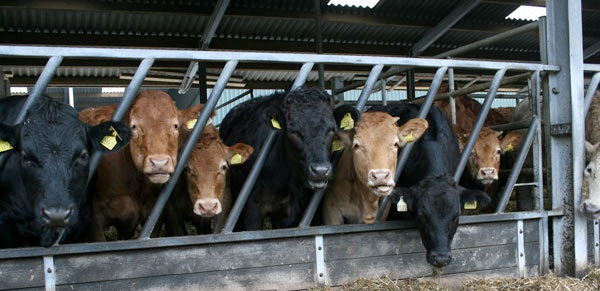
New figures show the use of antimicrobials for growth promotion has declined from 60 to 45 countries since the last round of data collection.
The World Organisation for Animal Health (OIE) figures show global progress on the regulation and monitoring of antimicrobial use in animals.
The report presents the overall findings of the third annual data collection, providing a global and regional analysis from 2015 to 2017.
A record of 155 countries participated in it, demonstrating increased international understanding and prioritisation of this issue.
However, key antimicrobials, classified by the WHO as ‘Highest Priority Critically Important Antimicrobials’, including colistin, continue to be used routinely in several regions.
The OIE said this practice puts at 'risk many of the medicines that are taken for granted', for both animals and humans.
The practice of using antibiotics as growth promoters was outlawed by the European Union in 2006 and the United States Food and Drug Administration in 2017.
But the report shows positive progress overall, while 72 countries do not have a regulatory framework on the use of growth promotors, it is a decrease from the first database report in which 110 countries lacked such a framework.
This decline suggests critical progress in the implementation of regulations on the use of antimicrobial agents.
“Many countries have already taken key actions, such as setting up surveillance systems and regulating the use of antimicrobials in human and animal health, but we still have a long way to go,” said Dr Tedros Ghebreyesus, Director-General of World Health Organisation.
“Working together is the only way to avoid the huge human, social, economic and environmental costs of antimicrobial resistance.”
The report follows news of the UK government launching its 5-year action plan to set new targets on containing and controlling antimicrobial resistance in the British farming industry.
